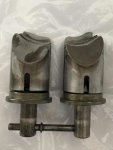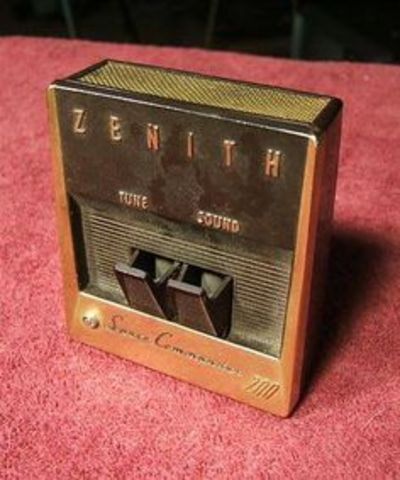In the 1950 / 60's cars would have perforation rusting in a few years and be junkers in 6-7 years. Today a decent make shouldn't need anything except lubes, gas, tires and wiper blades for five years, a few minor repairs in the next five and degrade as it goes through the next decade.
Electronics? Are you old enough to remember the TV repair man with his suitcase full of tubes. Our big screen is over 10 years old and still lighting up the rec room.
What I wonder about is how long houses will last considering the amount of glue in them. Glue breaks down over time so all the particle board reverts to sawdust at some point. Will all those stapled together townhouses crumple some day?
Has anyone actually worn out a motorcycle in Canada? Tires and other rubber bits will dry and crack but 20 year old bikes can look and run like they were new. Out of style but still bringing fun..
Battery powered tools are largely limited by the battery, 5-7 years. The power cord on my plug in is good for 30-40 years and can be replaced.
Our beer fridge is ancient but quiet as is our freezer, bought used 45 years ago.
Electronics? Are you old enough to remember the TV repair man with his suitcase full of tubes. Our big screen is over 10 years old and still lighting up the rec room.
What I wonder about is how long houses will last considering the amount of glue in them. Glue breaks down over time so all the particle board reverts to sawdust at some point. Will all those stapled together townhouses crumple some day?
Has anyone actually worn out a motorcycle in Canada? Tires and other rubber bits will dry and crack but 20 year old bikes can look and run like they were new. Out of style but still bringing fun..
Battery powered tools are largely limited by the battery, 5-7 years. The power cord on my plug in is good for 30-40 years and can be replaced.
Our beer fridge is ancient but quiet as is our freezer, bought used 45 years ago.
Last edited:





















